Choosing the right real estate agent is the first strategic move in a smooth, successful property search—and that is especially true in the Bay Area’s competitive, nuanced landscape. For buyers and investors in cities like San Francisco, Menlo Park, Berkeley, Palo Alto, and Marin, an agent’s local expertise, communication style, and market access often determine how quickly and confidently a purchase can be made. This comprehensive guide helps prospective clients navigate the essential steps, criteria, and decision-points when searching for an agent who aligns with their goals and lifestyle.
Define Your Needs and Goals
Before beginning the search, it’s critical for buyers to clarify their objectives. Determine preferred neighborhoods and price ranges—whether it’s entry-level condos in Oakland, tech-centric homes near Silicon Valley, or luxury estates in Marin. The Bay Area consists of distinct micro-markets with unique pricing trends and inventory dynamics, so zoning in on your priorities helps narrow the pool of suitable agents. Buyers should also think about their desired home style, commuting needs, school zones, and lifestyle preferences—these factors guide not only property choices, but the professional support that serves them best.
Seek Local Expert Knowledge
The complex Bay Area terrain rewards buyer relationships with agents like Shannon Thoke who know the area deeply. These professionals are often active in tight-knit neighborhoods and understand zoning rules, resale levels, and future development trends. Aligning with an agent deeply versed in your chosen micro-market can be crucial in securing finds others miss.
Ask for Referrals and Read Reviews
Word-of-mouth remains the strongest indicator of reliable performance. A trusted friend or colleague who recently completed a real estate transaction in your target area is often the best referral source.
Interview Multiple Agents
Treat your candidate shortlist like a professional interview process. Schedule conversations to assess each agent’s communication style, responsiveness, negotiation strengths, and market approach. They should be transparent about commission, timelines, and buyer-agent agreement details. Ask how they structure offers in competitive scenarios, how they handle dual agency conflicts, and whether they stay active in your desired area.
Evaluate Their Track Record
A high-performing agent can demonstrate consistent success across market cycles—especially in the Bay Area, where even modest homes can invite bidding wars. Look for agents featured on top-performance lists, and ask about recent closings in your price tier. An agent experienced in your market type—be it new construction, mid-market, luxury, or multi-unit—can better forecast competitive dynamics and negotiation strategies.
Verify Credentials and Ethics
California-licensed agents must obey laws and uphold ethical standards, and National Association of Realtors (NAR) members adhere to a strict Code of Ethics that offers consumer protection. Confirm their standing with the state’s Department of Real Estate, and never hesitate to ask about past grievances or disciplinary actions.
Assess Communication and Compatibility
Buying a home is a high-stakes, emotional journey—and your agent should be someone you trust and feel comfortable with. Observe their responsiveness, tone, and ability to listen to your concerns. Strong listening skills and professional empathy often matter more than transactional savvy.
Understand Compensation and Contracts
Agents typically earn 5–6% commission, split between seller and buyer agents. Recently, buyers have gained more leverage to negotiate fees or choose alternatives like flat-fee models. Make sure you understand the work the agent will perform under a buyer representation agreement, how long it lasts, and how either party could terminate the relationship.
Ensure a Full-Service Capability
Especially in competitive markets, effective agents act like field generals—they coordinate inspections, attorneys, appraisers, lenders, and title officers. Look for agents with strong vendor networks to streamline scheduling, keep negotiations smooth, and support buyers through every step.
Trust, but Verify Transparency
Honesty and integrity are non-negotiable. Your agent should proactively disclose relationships, conflicts of interest (dual agency), and potential drawbacks of a property. If something feels opaque, ask for explanations or documentation until clarity is achieved.
Lean into Performance and Local Networks
Top Bay Area agents often partner with high-producing teams and agencies like Compass or local boutique firms. These structures enhance buyer access to exclusive listings, off-market insights, and priority scheduling. Larger broker affiliations can offer scalability without losing local intelligence.
Align on Negotiation Strategy
Ask agents for examples of how they’ve navigated bidding wars, appraisal gaps, inspection issues, and concessions. Choose someone who balances assertiveness with diplomacy, ensuring your offer stands out in terms of terms and structure—not just price.
Clarity on Process and Timeline
Every part of the Bay Area real estate journey involves timelines—loan approvals, inspection contingencies, and closing schedules. An experienced agent helps buyers plan accordingly, avoiding rushed decisions or missed deadlines.
Why Shannon Thoke Is the Partner You Need
If you’re ready to find a real estate agent who brings deep Bay Area expertise, unwavering dedication, and a refined approach to buying your ideal home, Shannon Thoke at Harper Properties offers just that. Her track record of strategic negotiation, local insight, and elite service puts buyers ahead in any market climate—especially in high-demand communities.

